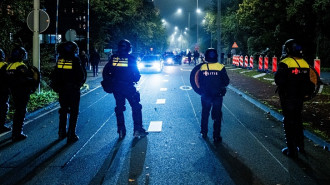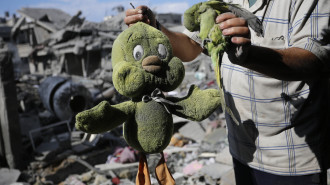Follow us on Facebook, Twitter and Instagram to stay connected
Iraqi Kurds urged to free journalists, activists
Human rights groups have urged authorities in Iraqi Kurdistan to release a prominent journalist and an activist who had called for demonstrations over unpaid salaries of civil servants.
Sherwan Sherwani, editor-in-chief of monthly magazine Bashur, was arrested at his home in Erbil on Wednesday without a warrant by "police officers, four of whom were in plainclothes", said the New York-based Committee to Protect Journalists.
"If the Kurdish regional government seeks to operate under the rule of law, they cannot make journalists disappear on a whim," the watchdog CPJ said in a statement Thursday.
Sherwani is known for hard-hitting investigations into corruption and embezzlement in the autonomous region of northern Iraq.
Local human rights groups also raised concern over Badal Barwari, a schoolteacher and political organiser, who was detained in August by Kurdish security forces.
Barwari had called for protests in the town of Dohuk near the border with Turkey TO demanding payment of civil servant salaries.
He was due to be released on October 4 but remains in custody and his family have not seen him.
Since January, the Kurdistan Regional Government (KRG) has paid only six months worth of salaries to its 1.2 million civil servants.
In June, it slashed salaries of public sector employees by over 20 percent for those earning more than $250 a month.
Rallies in Dohuk and Erbil, the capital of cash-strapped Iraqi Kurdistan whose government is led by the Kurdistan Democratic Party (KDP), are regularly dispersed.
Dhiya Butros, head of Kurdistan's Human Rights Commission, told local media last week that since late August 305 people have been arrested, with 19 still detained.
Kurdistan-based METRO Center for Journalists Rights and Advocacy recorded 88 violations against 62 journalists and media outlets in the first six months of 2020.
Earlier this week, Human Rights Watch (HRW) accused Kurdish authorities of "unlawfully" closing two offices of a private television channel, "apparently for covering protests and for broadcasts critical" of the KDP.
Iraqi Kurdistan, which presents itself as a haven for Iraqi dissidents and foreign investors, is often singled out by rights groups over freedom of expression issues.

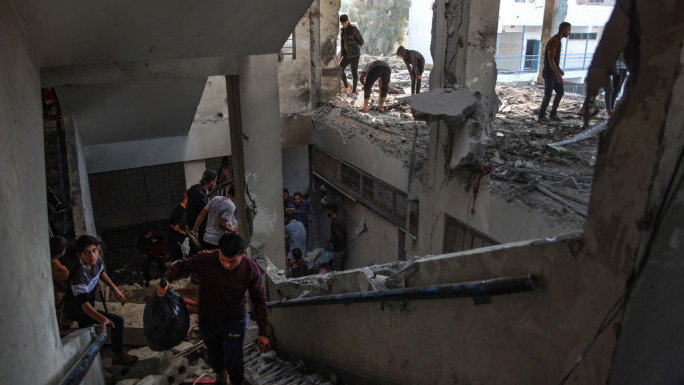
![President Pezeshkian has denounced Israel's attacks on Lebanon [Getty]](/sites/default/files/styles/image_684x385/public/2173482924.jpeg?h=a5f2f23a&itok=q3evVtko)
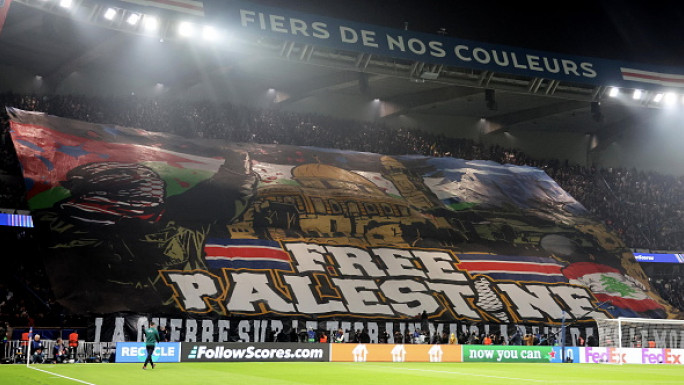
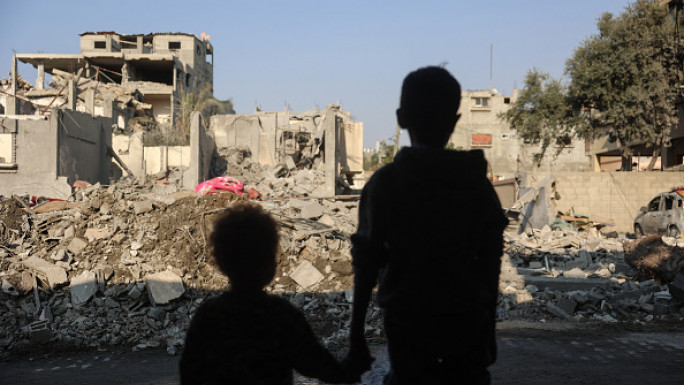
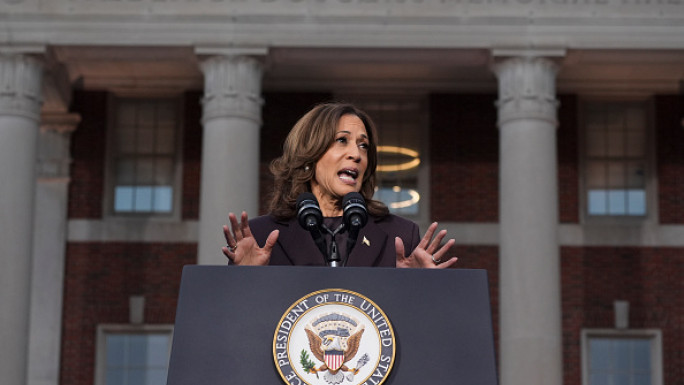
 Follow the Middle East's top stories in English at The New Arab on Google News
Follow the Middle East's top stories in English at The New Arab on Google News
